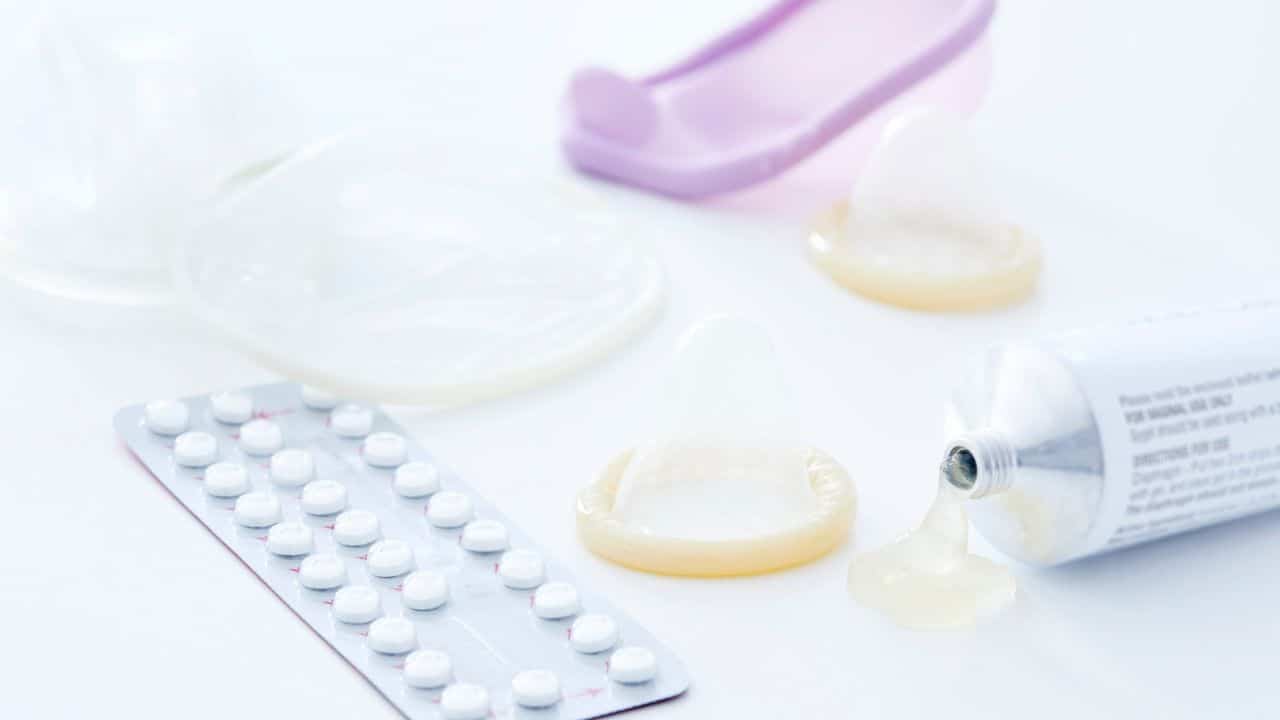Your libido, or sex drive, isn’t a constant thing and can fluctuate in your life depending on a range of different factors, including diet, the amount of exercise you do, the medication you take, alcohol consumption, as well as age. However, it could also be a sign of a more serious underlying health condition. If you find that your interest in sex has decreased significantly and unexpectedly, you may want to go for a check-up with your healthcare professional.
However, if you have been given the OK by your doctor and there isn’t anything serious to worry about, there may be other factors that are affecting your sex drive. Luckily, a lot of them relate to lifestyle. So with a few small changes, you could be back on track to having a healthy, fulfilling, and active sex life. Here are a few potential reasons you might be suffering from low libido.
Depression
Depression can be a debilitating condition that affects all parts of a person’s life, not least of all their sex drive. This is partly due to the fact that depression is often linked with a marked loss of interest in activities the depressed person once enjoyed, which could include sex.
However, a reduced libido can also be a side effect of medication used to treat depression, including selective serotonin reuptake inhibitors (SSRIs), such as citalopram (Cipramil), dapoxetine (Priligy), or escitalopram (Cipralex) and serotonin-norepinephrine reuptake inhibitors (SNRIs), such as desvenlafaxine (Pristiq), duloxetine (Cybalta), and venlafaxine (Effexor XR).
However, not all antidepressant medication has been shown to adversely affect libido. Wellbutrin SR and Wellbutrin XL, which are norepinephrine and dopamine reuptake inhibitors (NRDIs) have been shown not to affect libido.
If you are experiencing low libido as a side effect of antidepressant medication, talk to your doctor. They may be able to adjust your dosage or put you on another medication.
Medication
Besides antidepressants, other medications can also have a negative effect on a person’s desire for sex because they can lower testosterone levels. Here are some of the medications that may affect your libido or ability to achieve and maintain an erection:
Chemotherapy or radiation treatment
Cancer-fighting chemotherapy treatment is designed to target cancer cells in the body, but it can also affect other cells that are responsible for normal sexual function.
Benzodiazepines
Benzodiazepines, which include alprazolam (Xanax), lorazepam (Ativan), and diazepam (Valium) are helpful in treating a range of different neurological conditions, such as major anxiety disorder, panic disorder, and epilepsy. However, they can also adversely affect libido and the ability to orgasm.
However, if anxiety is left untreated, it can also negatively affect sexual desire and function.
Blood pressure medication
Medications used to treat high blood pressure, like ACE inhibitors, beta-blockers, spironalectone, and thiazide diuretics, can interfere with normal sexual functioning. This is because these types of medication, especially beta-blockers, have been shown to decrease the amount of testosterone that the body releases. Low levels of testosterone have been linked to difficulty with ejaculation and achieving an erection.
Low self-esteem
Low self-esteem, which is often linked to more serious conditions such as depression and anxiety, can be a big contributing factor to low sex drive in men. Having low self-esteem is related to having low confidence and a poor body image. When you feel unattractive or undesirable, it’s likely to hamper your ability to get aroused. Having low self-esteem can also cause performance anxiety and vice versa, which is also linked to erectile dysfunction (ED).
Restless leg syndrome
Restless leg syndrome (RLS) is a condition characterised by the uncontrollable urge to move one or more of your legs. A 2013 study found that men who have RLS have an increased risk of having erectile dysfunction (ED) than those without RLS.
Stress
Sexual desire can also be affected by periods of high pressure in one’s life. Stress can take many different forms including work stress, divorce, relationship problems, sickness, and the death of a loved one, to name just a few.
Numerous studies have linked high stress levels with sexual dysfunction in both men and women. This is because high stress levels can disrupt hormone levels, including the sex hormones needed to induce feelings of sexual desire. Additionally, your arteries constrict during times of stress, which restricts blood flow and can consequently cause erectile dysfunction.
Alcohol
Heavy consumption of alcohol, which refers to 15 drinks or more per week for men, as defined by the Centers for Disease Control and Prevention, has been linked to reduced testosterone production, which, over time, reduces sex drive.
It’s recommended that men who drink excessive amounts of alcohol reduce their alcohol intake to avoid the adverse effects that can result from it.
Too much or too little exercise
Leading a completely stagnant lifestyle or not exercising enough can cause a range of different health problems, which may also negatively affect your libido. While, according to a 2017 study, getting too much exercise can also adversely affect sexual desire as it can put too much strain on the body.
However, moderation is key. Regular exercise can help reduce the risk for chronic conditions which are all linked to low libido, such as high blood pressure, obesity, and type 2 diabetes. Exercise is also known to reduce cortisol levels at night, and lowered stress levels are associated with an increased chance of arousal.
How to fix erectile dysfunction
As you’ve seen, your libido can be affected by a lot of different factors. However, if your low libido isn’t linked to any underlying health condition and you have made the necessary adjustments to your lifestyle, there might be another reason for it. Just like a low sex drive can lead to erectile dysfunction (ED), often the inability to perform can lead to anxiety, and low self-esteem and, in turn, affect your desire for sex. It’s a vicious cycle.
Fortunately, there are a few different procedures used to treat ED, including Platelet Rich Plasma (PRP) and Low Intensity Shock Wave Therapy. PRP is a particularly good solution for men suffering from Peyronie’s Disease, a condition where scar tissue builds up, causing curvature of the penis. However, ED resulting from other causes has also been successfully treated using PRP. During the procedure, the patient is injected with their own concentrated bioactive proteins and blood platelets to trigger the repair of damaged penile tissue.
Low intensity Shock Wave Therapy is a quick and non-complicated procedure that involves the use of short bursts of sound waves to dilate the blood vessels. Both Platelet Rich Plasma treatment and Low Intensity Shock Wave Therapy have been accepted as viable treatments by the American and European Urological Associations.






